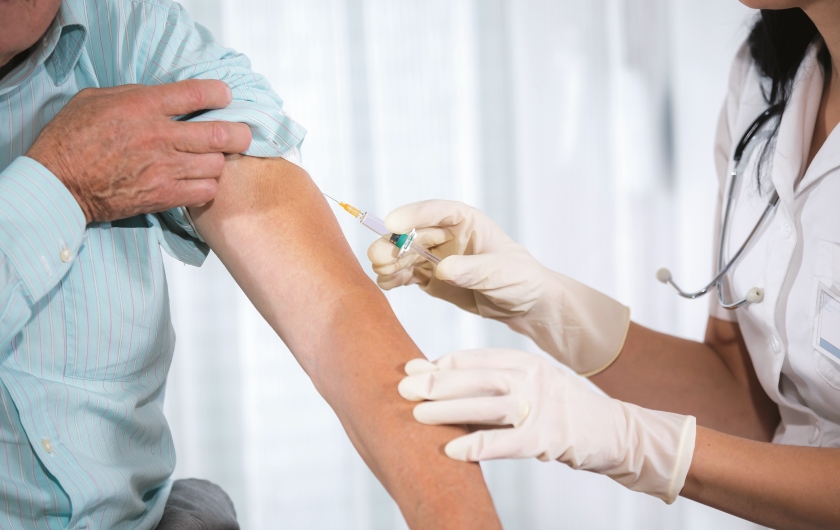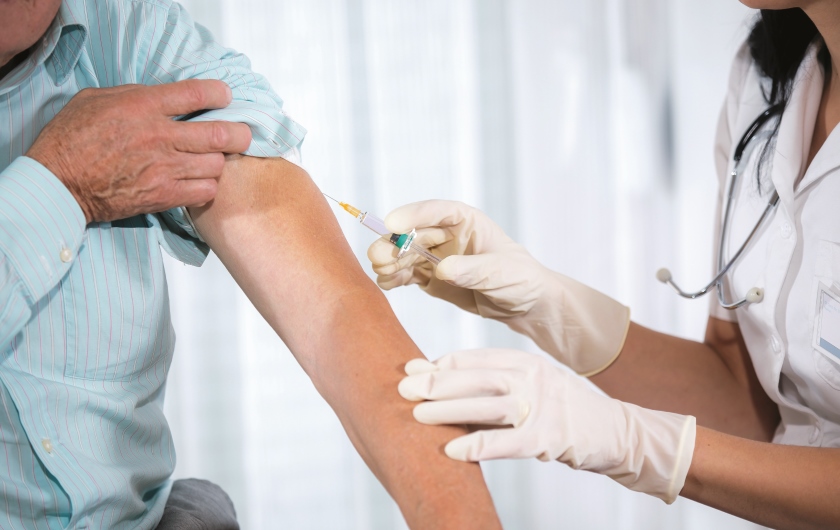Measles outbreaks in the US have Canadian health professionals concerned
Measles was declared eliminated in the United States in 2000, but as more and more cases are reported, that may change, and Canadian health professionals are watching closely.
For a disease to be considered eliminated, cases of it must be rare, with instances no longer “constantly present.” Any outbreak lasting more than a year means the disease is no longer eliminated, and that may be about to happen. Since the beginning of 2019, 1,241 cases have been reported across 31 US states. A large number occurred in Orthodox Jewish communities in New York City, with 645 people contracting measles there since Oct. 1, 2018—one year ago.
“I think unfortunately, there’s no real reason to think this same thing could not happen here,” Dr. Joan Robinson, a pediatric infectious-diseases physician at the University of Alberta, recently told the CBC.
In 2013, Canada saw 83 cases of measles. In 2015, there were 196, and there have been 111 cases so far in 2019, according to data last updated in mid-September.
Health experts say that Canada needs to maintain a 95% vaccination rate to ensure outbreaks like those happening in the States don’t become a possibility. According to the latest available data, released in 2017, Canada’s vaccination rates sits at about 90%. The World Health Organization identifies vaccine avoidance as one of the top 10 threats to global health.
If you’re planning on travelling to the United States, and you’ve received your measles vaccination, then you don’t have to worry. However, Health Canada says it’s still a good idea to check in with your family doctor or visit a travel clinic at least six weeks before you leave to make sure you don’t require an additional dose. They also suggest frequent handwashing while travelling. Infants can be vaccinated after six months.
Photo: iStock/Pornpak Khunatorn.






